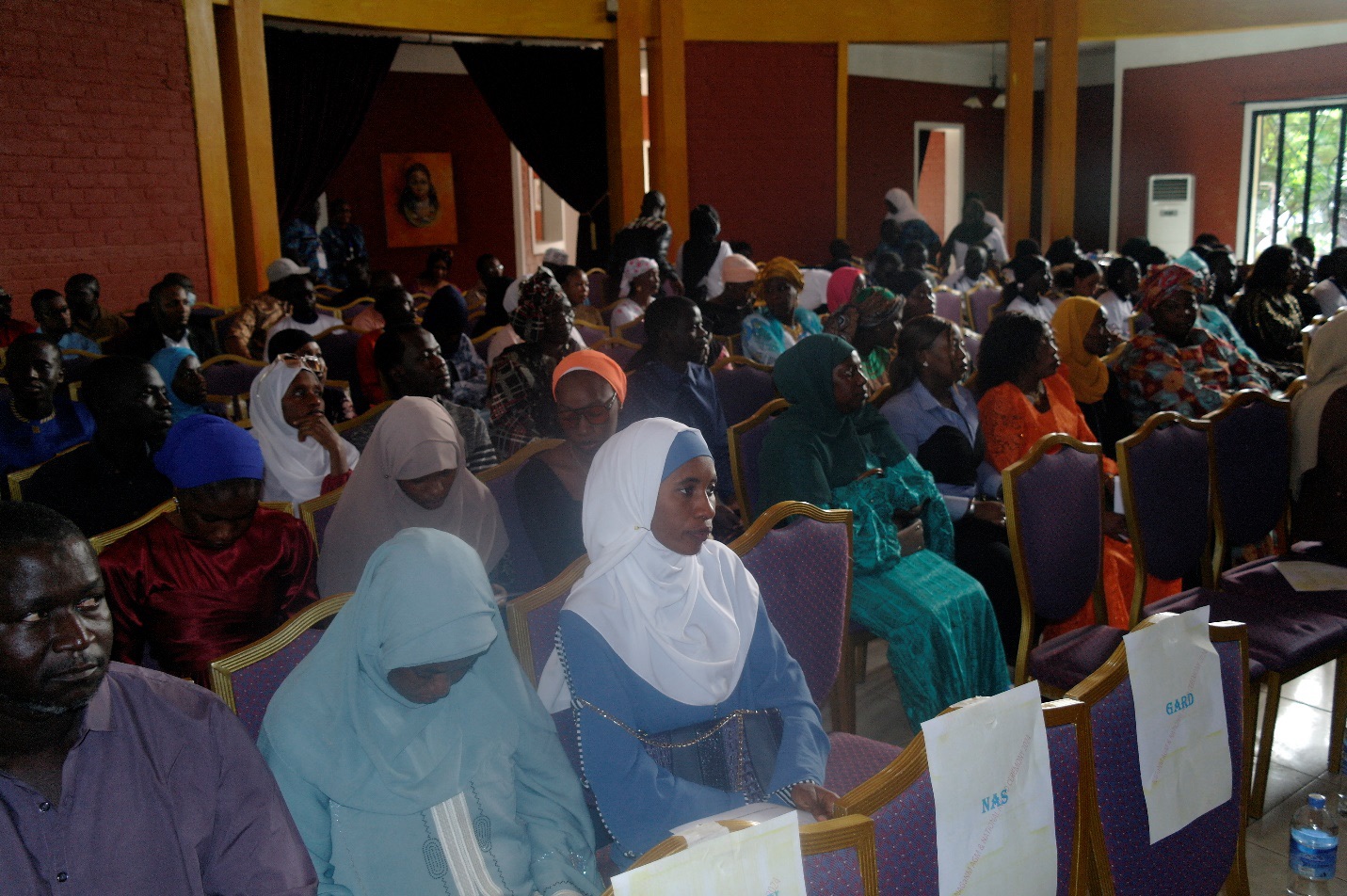The West African Bird Study Association (WABSA) in collaboration with the Department of Parks and Wildlife Management (DPWM) and Bird Watchers Association (BWA) of The Gambia recently conducted a day-long assessment along Tanjeh Bird Reserve and Bijilo Island through the support from Project Wild Gambia (PWG) under the auspicious of Dr Roy Armstrong founder and coordinator, Project Wild Gambia who also doubled as partner to WABSA.
Speaking to our reporter in his office at Abuko Nature Reserve, the head of the WABSA Research Unit, Mr. Fagimba Camara said the field trip activity enable the participants to assess the situation of death and sick birds’ population around Tanjeh Bird Reserve and Bijilo Island.
“It was a tough day-long assessment as more death bird species were buried which ranges from Royal Tern 316, Caspian tern 29, Great cormorant 4, little tern 4, Gull bill tern 6, sandwich tern 1, and Grey-headed gull 9,” Fagimba explained.
Mr. Camara commended the Director of Parks and Wildlife Management (DPWM) and staff for the logistic support they provided, Project Wild Gambia (PWG) for their kind donation to them, and the President of Gambia Bird Watchers Association (GBWA) for their timely support and commitment during the outbreak of the pandemic.
According to the head of the WABSA Research Unit, Mr. Fagimba Camara, the virus was detected after reports of unusual deaths among wild birds, with samples collected from the Tanjeh Bird Reserve and sent to a laboratory in Dakar for testing.
“As the Gambia recently confirmed an outbreak of the highly pathogenic H5N1 bird flu along the coastal Gambia, particularly around Tanjeh Bird Reserve, Gambian authorities are working to reduce the risk of infection and prevent transmission to poultry farms in the country,” Mr. Camara stated.
Avian influenza according to Mr. Camara commonly called bird flu, has been spreading around the world in the past years thus killing more than 200 million birds, sending egg prices rocketing, and raising concern among governments about human transmission.





